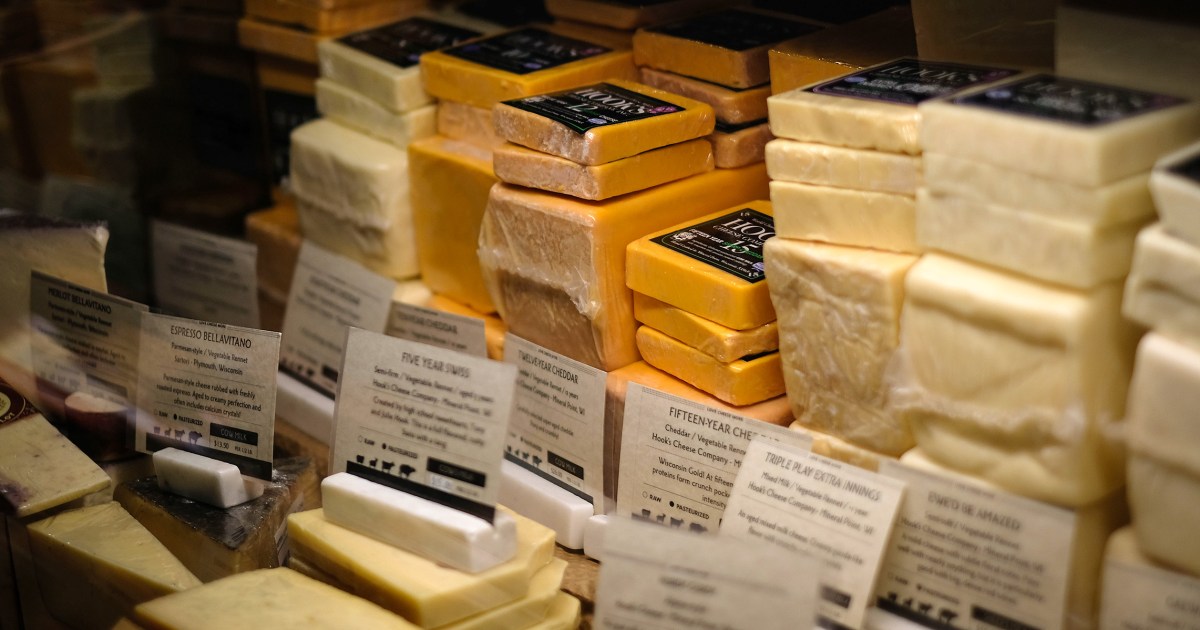Study Links Diet to Nightmares: Dairy and Spicy Foods Under Scrutiny
New research reveals a connection between dietary choices, particularly dairy and spicy foods, and the frequency of nightmares, especially among lactose intolerant individuals.
Subscribe to unlock this story
We really don't like cutting you off, but you've reached your monthly limit. At just $5/month, subscriptions are how we keep this project going. Start your free 7-day trial today!
Get StartedHave an account? Sign in
Overview
- Recent research in Frontiers in Psychology explores how eating habits affect sleep, focusing on the relationship between food and nightmares.
- Participants reported that dairy, sweets, and spicy foods contribute to bad dreams, highlighting common dietary triggers.
- Lactose intolerance is linked to increased nightmares, particularly when individuals consume trigger foods or eat late at night.
- Severe gastrointestinal symptoms from dairy consumption can disrupt sleep quality and intensify nightmares for lactose intolerant individuals.
- The study emphasizes the importance of understanding dietary impacts on sleep health, particularly for those with food intolerances.
Report issue

Read both sides in 5 minutes each day
Analysis
Center-leaning sources frame the research on sleep and diet with a focus on the potential negative impacts of dairy and sweets on dreams. They emphasize participants' perceptions and anxiety related to lactose intolerance, suggesting a nuanced relationship between diet and sleep quality, while maintaining a skeptical tone towards simplistic conclusions.
Articles (3)
Center (1)
FAQ
Lactose intolerance contributes to increased nightmares primarily because the gastrointestinal symptoms it causes, like gas and stomach pain, disrupt sleep quality, which in turn intensifies nightmares.
The study identified dairy products, sweets or desserts, and spicy foods as specific types of food commonly associated with worsening nightmares.
About 40% of study participants reported that eating late at night or consuming specific foods affected their sleep quality.
Yes, women were more likely than men to remember their dreams, report poor sleep and nightmares, and nearly twice as likely to report a food intolerance or allergy.
Participants credited fruits, vegetables, and herbal tea as foods associated with better sleep quality.
History
- This story does not have any previous versions.


